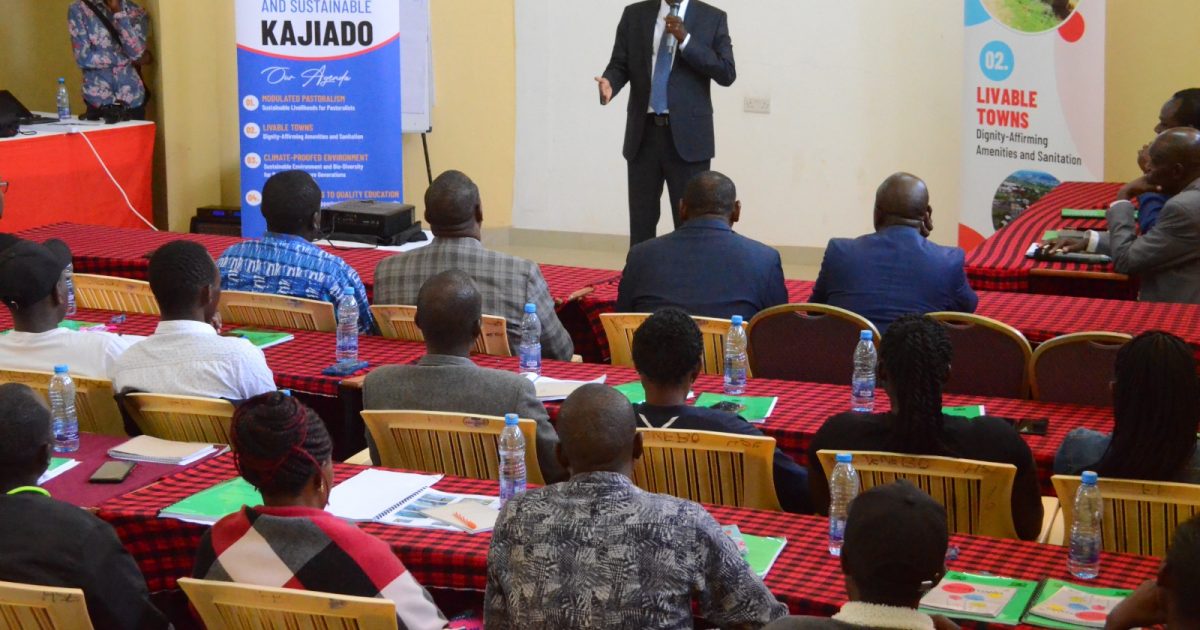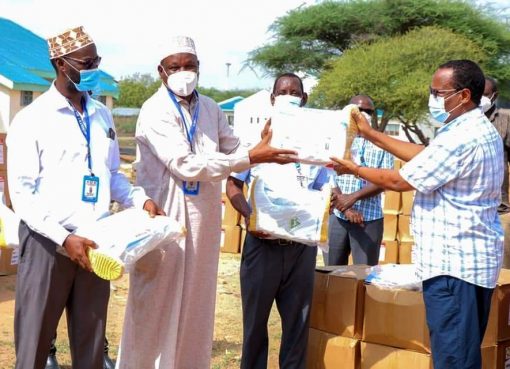Kajiado County Governor Joseph Ole Lenku has asked all farmers in the county to register for the upcoming farmers’ census that will commence on October 2, 2023, in all the sub-counties.
The registration will give them a chance to benefit from government services such as training and subsidised fertilisers.
Lenku assured farmers that the information collected will not harm them in any way but will be of great importance.
“I want to encourage our farmers to accept that the people who will identify them have been approved by the government and allow them to do their work, and we have verified that they not only have the ability but also high integrity. The fear that the information will be used for anything other than government services is unfounded,” said Lenku.
According to the governor, most farmers were not captured during the previous registration, and they missed out on the subsidised fertilisers.
“We want you to know that in the last registration of farmers, many farmers were not captured, and many were unable to get subsidised fertilizers. As a county government, we have a vision for a transformed and sustainable Kajiado, focusing on modulated pastoralism, a likeable town dealing with elements of climate change, and education; we, therefore, want to capture data from farmers to execute this programme,” added Lenku.
Dr. Jacktone Achola, Kajiado CEC Agriculture, said that the registration exercise will go on for one month, and the county has trained a total of 675 enumerators from six different centres in all the sub-counties.
The registration will also help them identify the activities farmers in Kajiado engage in and how they can be assisted.
Kajiado County Secretary Francis Ole Sakuda revealed that the exercise of identifying farmers in Kajiado will help the county government acquire resources from the national government to help farmers.
“Our county has a very good potential for agriculture and livestock farming, so identifying them will help both the county and the national government push the resources into that activity,” revealed Sakuda.
Neema Nosim, one of the enumerators, said that they have received good training and are well equipped with the relevant knowledge and skills on what to do in the field.
“We have been trained on how to collect data and information that is viable and will help the national and county governments identify the people in our community who will benefit directly from fertilisers and livestock sustainable activities such as vaccination,” noted Nosim.
The county is targeting to collect at least 80% of the data and information on the farmers’ households.
By Seline Nyangere




